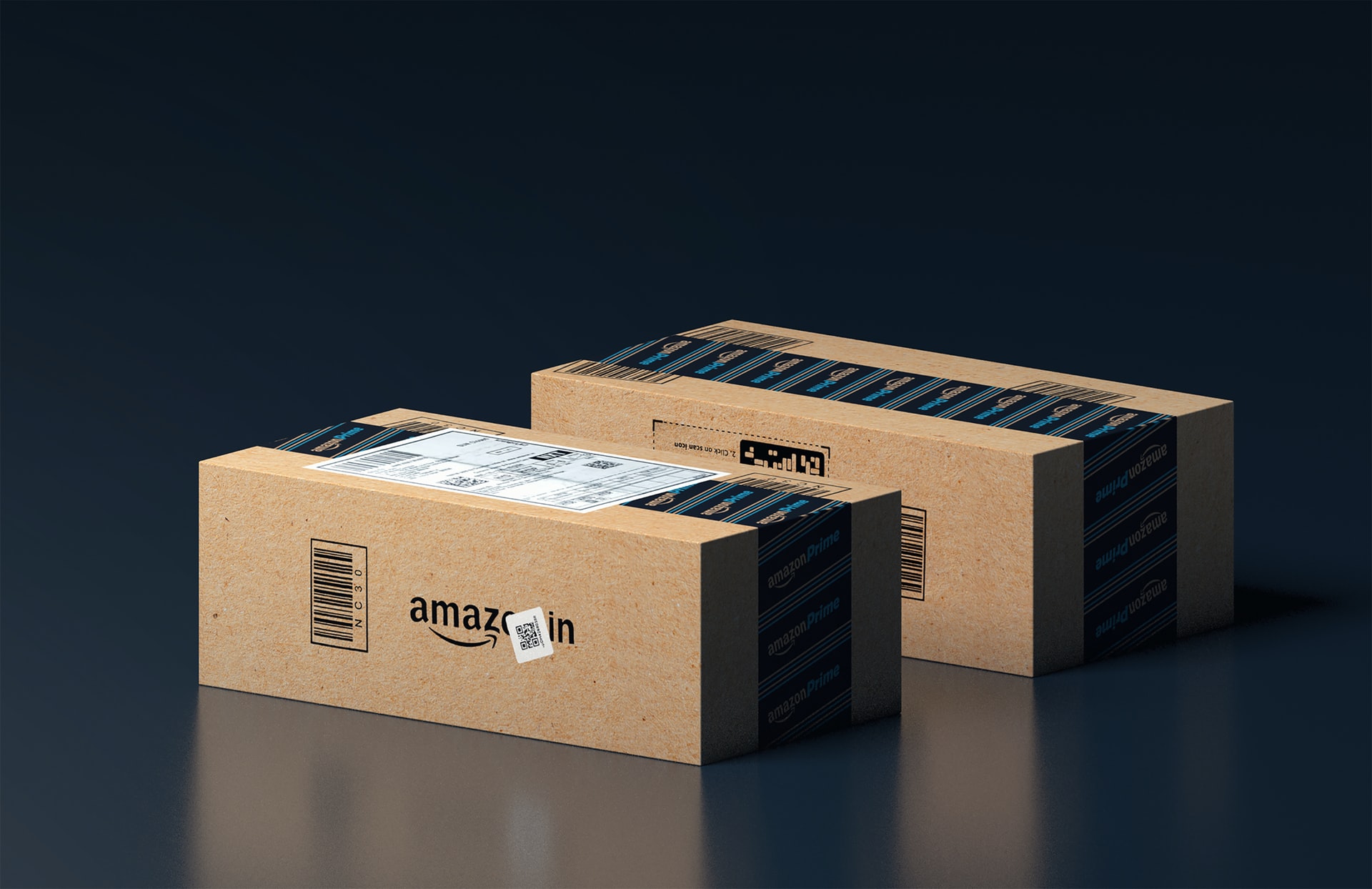From Growth-At-All-Costs to Cost of Missing Out: DocSend Pre-Seed Report Shows Investor Shift to Long-Term Profitability and Risk Aversion
Founders use strategic pitch decks to break through to investors amid increased pitch deck review times and prolonged due diligence periods
SAN FRANCISCO, Aug. 24, 2023 /PRNewswire/ -- DocSend, a secure document sharing platform and Dropbox (NASDAQ: DBX) company, released new data pointing to heightened risk aversion in pre-seed investing, with venture capital (VC) investors shifting priorities to long-term profitability over rapid growth. While investors are quick to say "no" to pre-seed deals, spending 11% less time reviewing decks year-over-year (YoY), the report shows how successful founding teams can create shorter, narrative-first pitch decks that prove product opportunity and market preparedness.
The new report, From FOMO to JOMO: VCs shift from rapid growth to long-term risk aversion, analyzes over 200 pre-seed fundraising startups to understand successful and unsuccessful components of pitch decks and examine investor interactions in 2022 and the first half of 2023. The report is part of the DocSend Startup Index, which provides data-driven insights about founder actions and investor reactions throughout the pitching process.
"Findings show a distinct shift in investor sentiment," said Justin Izzo, data and trends analyst at Dropbox DocSend. "Long gone are the days of record-breaking funding rounds, almost fueled by a fear of missing out (FOMO) on the next great startup. In its place is a new emphasis on due diligence and long-term scalability, where investors are passing up many deals with a joy of missing out (JOMO)."
For founders who are looking for ways to break through this current mindset, the report shows the business model and traction remain the most important sections to investors, holding true to what data reflected in 2021. Despite a starkly different landscape investors spend 48% and 25% more time, respectively, on these sections compared to others. Investors are placing an emphasis on product readiness and financials to demonstrate attainable gains alongside long-term profitability.
Founders demonstrate opportunity cost
The pitch deck is a founder's most influential tool to cut through investor risk aversion. A compelling pitch deck establishes a strong product narrative early on through slide order. Successful pre-seed founders share a clear and concise business plan that de-risks their product and conveys financial longevity – identifying financial planning and communicating to investors the potential "cost of missing out" (COMO) on funding their business opportunity.
Investors spent a record-low amount of time reviewing pitch decks, with review times on average dropping for the third year in a row. Conversely, founders' supply of pitch decks increased by 16% year-over-year (YoY). Successful founder teams rely on brevity: successful pitch decks average 16 slides versus 19 in an unsuccessful deck.
Investor interaction is telling
Amid heightened hesitancy, investors spent more time in a smaller review time window on slides that mapped out paths to revenue:
- Why Now finds success at the beginning of the deck, clearly communicating to investors why the risk is worthy of their time in the current climate. Almost half of unsuccessful decks omit it altogether or place it eighth.
- Traction section is even more of a breaking point for unsuccessful decks, receiving 110% increased review time in 2023 compared to 2022, and a 191% increase from 2021. Similarly, this section on successful decks saw 25% more investor review time YoY. Most founders place this slide toward the end of their deck.
- Business Model section alleviates concerns over market understanding and revenue sources. All teams received more scrutiny on this slide, especially unsuccessful founders who placed it tenth rather than successful decks that placed it fourth.
- Financials are important to place toward the end of the deck. This slide had the fourth-longest viewing time and was included by 70% of successful decks versus 45% of unsuccessful decks.
The long haul for founders
While investors are quick to say "no", they're also slow to say "yes", as shown through a prolonged fundraising timeline. Strategic and targeted outreach is crucial with a large gap between average number of investors contacted (71) and meetings secured (46). Although deck review time is down, due diligence is up.
"Although the startup ecosystem has fallen back into a buyers' market, early-stage founders can find success with patience and a strong pitch deck," said Izzo. "Conveying a strong vision and execution plan can leave risk-averse investors ready to take the leap. Investors are still eager to invest in the right opportunity and spend less time on follow-up reviews for successful pitch decks compared to unsuccessful decks. As investors look for long-term rewards, fundraising itself has become a long-term reward."
As investor attention becomes scarcer, funding rounds are becoming more time-consuming, resulting in smaller funding amounts on average. Close to one-third of successful pre-seed deals took 13 to 18 weeks in 2023, up 12% from the year before, and unsuccessful companies persisted for five months, on average.
About DocSend
DocSend enables companies to share business-critical documents with ease and get real-time actionable feedback. With DocSend's security and control, startup founders, investors, executives, and business development professionals can build business partnerships that have a lasting impact. Over 30,000 customers of all sizes use DocSend today. Learn more at docsend.com.
About Dropbox
Dropbox is one place to keep life organized and keep work moving. With more than 700 million registered users across 180 countries, we're on a mission to design a more enlightened way of working. Dropbox is headquartered in San Francisco, CA. For more information on our mission and products, visit dropbox.com.
Media Contact:
Carol Boyko
104 West for DocSend
carol.boyko@104west.com
![]() View original content to download multimedia:https://www.prnewswire.com/news-releases/from-growth-at-all-costs-to-cost-of-missing-out-docsend-pre-seed-report-shows-investor-shift-to-long-term-profitability-and-risk-aversion-301908433.html
View original content to download multimedia:https://www.prnewswire.com/news-releases/from-growth-at-all-costs-to-cost-of-missing-out-docsend-pre-seed-report-shows-investor-shift-to-long-term-profitability-and-risk-aversion-301908433.html
SOURCE DocSend


